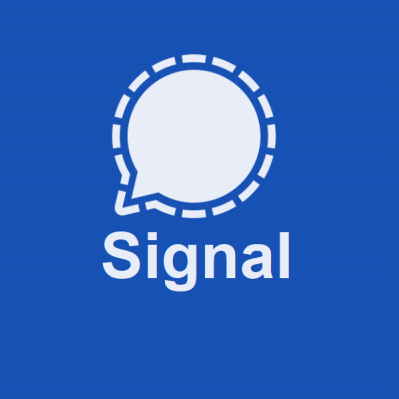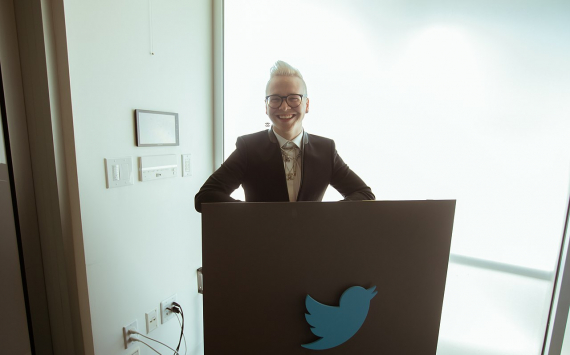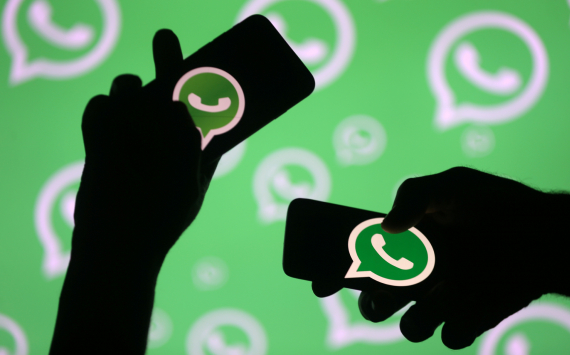Description
Signal is a cross-platform centralized encrypted messaging service developed by the Signal Foundation and Signal Messenger. It uses the Internet to send one-to-one and group messages, which can include files, voice notes, images and videos. It can also be used to make one-to-one and group voice and video calls, and the Android version can optionally function as an SMS app.
Signal uses standard cellular telephone numbers as identifiers and secures all communications to other Signal users with end-to-end encryption. The apps include mechanisms by which users can independently verify the identity of their contacts and the integrity of the data channel.
Signal's software is free and open-source. Its clients are published under the GPLv3 license, while the server code is published under the AGPLv3 license. The official Android app generally uses the proprietary Google Play Services (installed on most Android devices) for functions such as push notifications. Signal also has an official client app for iOS and desktop apps for Windows, MacOS and Linux.
The non-profit Signal Foundation was launched in February 2018 with initial funding of $50 million from Brian Acton. As of June 2020, Signal had more than 32.4 million total downloads, and the app had approximately 20 million monthly active users as of December 2020.
History
The end-to-end encrypted messaging service Signal was launched in 2014, and has become more widely used in 2019 and 2020. Signal’s growth has often spiked during "periods in which decisions are questioned or undone—to moments of social and political upheaval". However, the roots of Signal go back to earlier encrypted voice and text apps of the early 2010s.
2010–13: Origins
Signal is the successor of the RedPhone encrypted voice calling app and the TextSecure encrypted texting program. The beta versions of RedPhone and TextSecure were first launched in May 2010 by Whisper Systems, a startup company co-founded by security researcher Moxie Marlinspike and roboticist Stuart Anderson. Whisper Systems also produced a firewall and tools for encrypting other forms of data. All of these were proprietary enterprise mobile security software and were only available for Android.
In November 2011, Whisper Systems announced that it had been acquired by Twitter. Neither company disclosed the financial terms of the deal. The acquisition was done "primarily so that Mr. Marlinspike could help the then-startup improve its security". Shortly after the acquisition, Whisper Systems' RedPhone service was made unavailable. Some criticized the removal, arguing that the software was "specifically targeted people under repressive regimes" and that it left people like the Egyptians in "a dangerous position" during the events of the Egyptian revolution of 2011.
Twitter released TextSecure as free and open-source software under the GPLv3 license in December 2011. RedPhone was also released under the same license in July 2012. Marlinspike later left Twitter and founded Open Whisper Systems as a collaborative Open Source project for the continued development of TextSecure and RedPhone.
2013–18: Open Whisper Systems
Open Whisper Systems' website was launched in January 2013.
In February 2014, Open Whisper Systems introduced the second version of their TextSecure Protocol (now Signal Protocol), which added end-to-end encrypted group chat and instant messaging capabilities to TextSecure. Toward the end of July 2014, they announced plans to merge the RedPhone and TextSecure applications as Signal. This announcement coincided with the initial release of Signal as a RedPhone counterpart for iOS. The developers said that their next steps would be to provide TextSecure instant messaging capabilities for iOS, unify the RedPhone and TextSecure applications on Android, and launch a web client. Signal was the first iOS app to enable end-to-end encrypted voice calls for free. TextSecure compatibility was added to the iOS application in March 2015.
From its launch in May 2010 until March 2015, the Android version of Signal (then called TextSecure) included support for encrypted SMS/MMS messaging. From version 2.7.0 onward, the Android application only supported sending and receiving encrypted messages via the data channel. Reasons for this included security flaws of SMS/MMS and problems with the key exchange. Open Whisper Systems' abandonment of SMS/MMS encryption prompted some users to create a fork named Silence (initially called SMSSecure) that is meant solely for the exchange of encrypted SMS and MMS messages.
In November 2015, the TextSecure and RedPhone applications on Android were merged to become Signal for Android. A month later, Open Whisper Systems announced Signal Desktop, a Chrome app that could link with a Signal mobile client. At launch, the app could only be linked with the Android version of Signal. On September 26, 2016, Open Whisper Systems announced that Signal Desktop could now be linked with the iOS version of Signal as well. On October 31, 2017, Open Whisper Systems announced that the Chrome app was deprecated. At the same time, they announced the release of a standalone desktop client (based on the Electron framework) for Windows, MacOS and certain Linux distributions.
On October 4, 2016, the American Civil Liberties Union (ACLU) and Open Whisper Systems published a series of documents revealing that OWS had received a subpoena requiring them to provide information associated with two phone numbers for a federal grand jury investigation in the first half of 2016. Only one of the two phone numbers was registered on Signal, and because of how the service is designed, OWS was only able to provide "the time the user's account had been created and the last time it had connected to the service". Along with the subpoena, OWS received a gag order requiring OWS not to tell anyone about the subpoena for one year. OWS approached the ACLU, and they were able to lift part of the gag order after challenging it in court. OWS said it was the first time they had received a subpoena, and that they were committed to treat "any future requests the same way".
In March 2017, Open Whisper Systems transitioned Signal's calling system from RedPhone to WebRTC, also adding the ability to make video calls with the mobile apps.
2018–present: Signal Messenger
On 21 February 2018, Moxie Marlinspike and WhatsApp co-founder Brian Acton announced the formation of the Signal Foundation, a 501(c)(3) nonprofit organization whose mission is "to support, accelerate, and broaden Signal's mission of making private communication accessible and ubiquitous". The foundation was started with an initial $50 million in funding from Acton, who had left WhatsApp's parent company Facebook in September 2017. According to the announcement, Acton is the foundation's executive chairman and Marlinspike continues as the CEO of Signal Messenger. As of 2020, Signal ran entirely on donations, as a nonprofit.
Between November 2019 and February 2020, Signal added support for iPads, view-once images and videos, stickers, and reactions. They also announced plans for a new group messaging system and an "experimental method for storing encrypted contacts in the cloud."
Signal was reportedly popularized in the United States during the George Floyd protests. Heightened awareness of police monitoring led protesters to use the app to communicate. Black Lives Matter organizers had used the app "for several years". During the first week of June, the encrypted messaging app was downloaded over five times more than it had been during the week prior to the killing of George Floyd. In June 2020, Signal Foundation announced a new feature that enables users to blur faces in photos, in response to increased federal efforts to monitor protesters.
On 7 January 2021, Signal saw a surge in new user registrations, which temporarily overwhelmed Signal's capacity to deliver account verification messages. CNN and MacRumors linked the surge with a WhatsApp privacy policy change and a Signal endorsement by Elon Musk and Edward Snowden via Twitter. International newspapers reported similar trends in the United Arab Emirates. Reuters reported that more than 100,000 people had installed Signal between 7 and 8 January.
Between 12 and 14 January 2021, the number of Signal installations listed on Google Play increased from over 10 million to over 50 million. On 15 January 2021, due to the surge of new users, Signal was overwhelmed with the new traffic and was down for all users. On the afternoon of 16 January, Signal announced via Twitter that service had been restored.


























